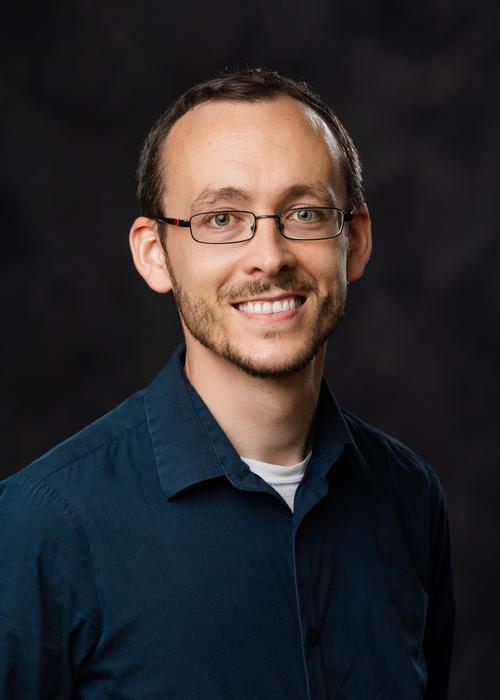STARKVILLE, Miss.—A Mississippi State faculty member’s work on plant life symbiosis—a mutually beneficial relationship between living organisms—is pushing back against the newer theory of “single-origin”—that all life stems from one point—instead suggesting “multiple-origin” theory which opens a better understanding for genetically engineering crops.

Credit: Office of Public Affairs, MSU
STARKVILLE, Miss.—A Mississippi State faculty member’s work on plant life symbiosis—a mutually beneficial relationship between living organisms—is pushing back against the newer theory of “single-origin”—that all life stems from one point—instead suggesting “multiple-origin” theory which opens a better understanding for genetically engineering crops.
Ryan A. Folk, an assistant professor in the MSU Department of Biological Sciences and herbarium curator, is an author on a paper published this month in Nature Communications examining root nodule symbiosis (RNS), which allows plants to access atmospheric nitrogen converted into usable forms through a mutualistic relationship with soil bacteria. He joins investigators at the University of Florida and an international team.
“A story of a single origin has become very popular in recent years, particularly among those hoping to genetically engineer symbiosis in crop plants, but using genomic data from 13,000 species and sophisticated statistical models, we confidently identified a scenario involving multiple origins. Symbiosis is a complex trait and our work identifies ideal experimental systems for better understanding the molecular mechanisms that led to the gain of symbiosis,” Folk said. “Our work is the first major push-back against the idea of a single origin as advocated by those working on genome comparisons.”
Folk said the single origin idea would suggest that the genetic engineering of crops, such as rice and maize, to work with nitrogen-fixing bacteria is a “lower hurdle” to cross.
“Our results, which point to multiple origins, complicates the picture because it suggests a lesser role for shared genetic machinery,” Folk said. “This would make it harder to transform crop plants that are not legumes to engage in a similar nitrogen-fixing symbiosis, but multiple origins also means diverse machinery, or as we argue, an enhanced ‘evolutionary palette’ to guide such experiments,” he said.
Folk’s paper laid the groundwork for his fall 2023 $1.6 National Science Foundation grant for detailed study of nitrogen conversions in nature.
Folk’s MSU lab uses genomic and bioinformatic techniques to document the origins of plant diversity from evolutionary and ecological perspectives using a variety of plant groups and habitats. His work is based in MSU’s herbarium, housing approximately 38,000 vascular plant specimens from around the world with an emphasis on the Southeastern U.S.
For more details about MSU’s College of Arts and Sciences or the Department of Biological Sciences, visit www.cas.msstate.edu or www.biology.msstate.edu.
Mississippi State University is taking care of what matters. Learn more at www.msstate.edu.
Journal
Nature Communications
DOI
10.1038/s41467-024-48036-3
Method of Research
Computational simulation/modeling
Article Title
Shifts in evolutionary lability underlie independent gains and losses of root-nodule symbiosis in a single clade of plants
Article Publication Date
27-May-2024
COI Statement
Authors declare no competing interests.




